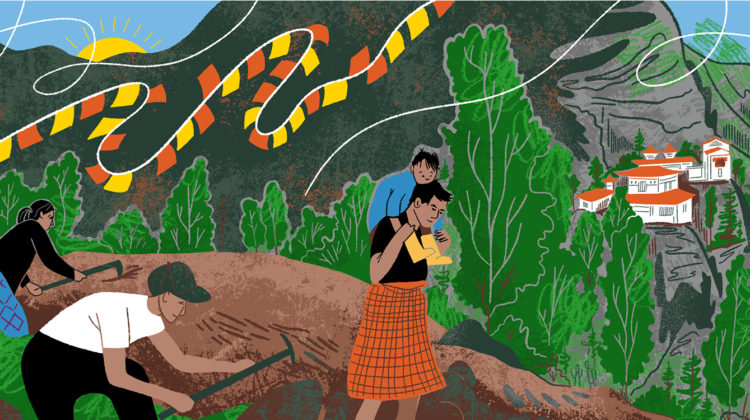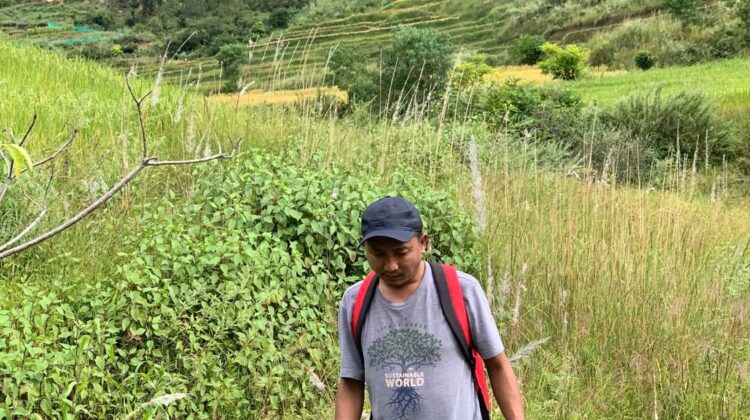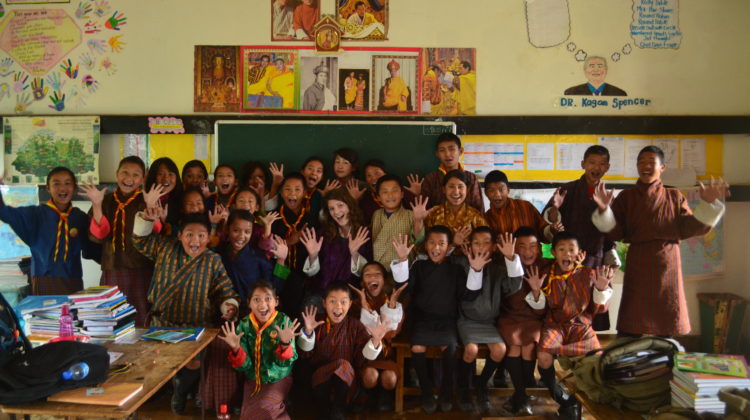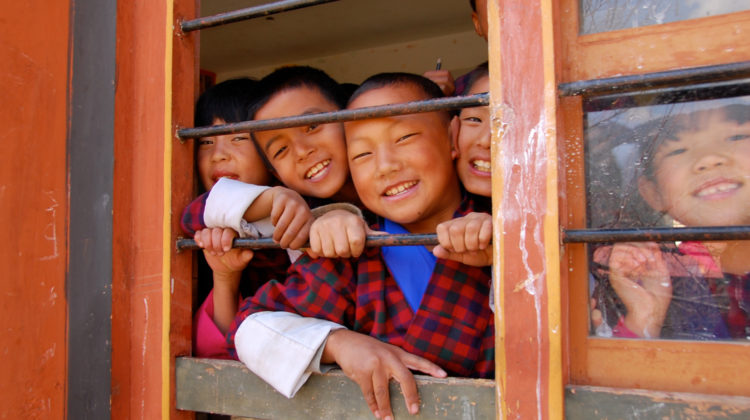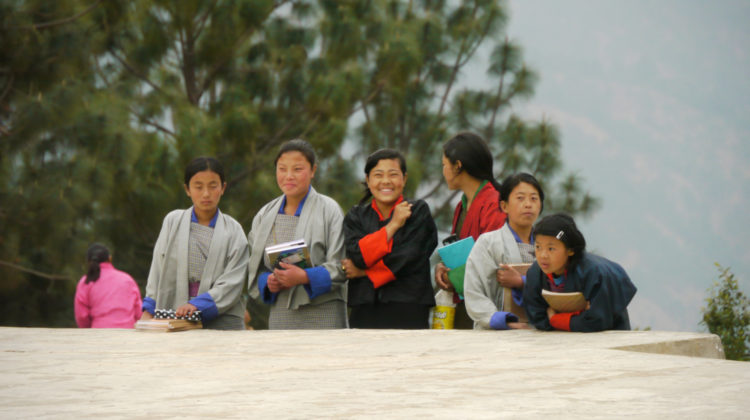Photo credit: Ontario Council for International Development’s Tapestry 2030 initiative, illustrated by Amanda Schutz.
February 7 – 13, 2021 marks the 31st International Development Week, a time where we highlight and reflect upon Canada’s commitment to sustainable development around the globe. This year’s theme to ‘continue going for the goals’ refers to the United Nations’ 2030 Agenda for Sustainable Development. The global pandemic has exacerbated many inequalities that the Sustainable Development Goals (SDGs) seeks to address. As those most marginalized in Canada, Bhutan, and across the world are hit hardest by this public health crisis, we are reminded that the pandemic is far from a global equalizer. Governments, civil society groups, and activists are developing plans to rebuild, but how can they create sustainable recovery?
Just Recovery For All
In response to the impact of COVID-19 on the most vulnerable communities, an informal alliance of over 150 civil society groups across Canada adopted six principals for a Just Recovery. The aim is to demand a more equitable and sustainable future during COVID-19. As governments prepare their recovery plans, these principles call for a transition to more equitable, sustainable and diversified economy that does not entrench outdated economic and social systems. The six principles include:
- Put people’s health and wellbeing first, no exceptions.
- Strengthen the social safety net and provide relief directly to people.
- Prioritize the needs of workers and communities.
- Build resilience to prevent future crises.
- Build solidarity and equity across communities, generations, and borders
- Uphold Indigenous Rights and Work in Partnership with Indigenous Peoples.

Partnerships and international cooperation
Partnerships for the goals, SDG17, is an important path towards recovery as the interconnection of the world has become more apparent than ever before. This goal aims to invest in least developed countries, respect national leadership to implement policies for the sustainable development goals, and enhance the global partnership for sustainable development. In a public health crisis, meaningful partnerships play a vital role in shaping recovery, whether through the principles of Just Recovery, the SDGs, or the development approach of Gross National Happiness.
Video Player
00:00
00:14
Video credit: From OCIC’s Tapestry 2030 initiative, podcast by Safa Shahkhalili from Rethinking Development Podcast and illustrated by Amanda Schutz.
This week the Ontario Council for International Cooperation (OCIC) released Tapestry 2030, a multimedia storytelling initiative that focuses on the future of international cooperation and global solidarity, as well as the partnerships needed for gender transformative, sustainable development. Bhutan Canada Foundation (BCF) and Tourism Council Bhutan (TCB) were featured in episode one of the podcast and illustration series titled ‘Building sustainable tourism in Bhutan’.
When Bhutan closed its international borders to prevent the spread of COVID-19 in March 2020, the tourism sector (second largest industry in Bhutan) was devastated and hundreds of workers were suddenly unemployed. At the same time, the Trans Bhutan Trail project was preparing for many infrastructure projects to revitalize the 425 km ancient trail. Here was an opportunity to prioritize the needs of workers and communities while also furthering a development project that invested in local communities across Bhutan. TCB and BCF accelerated the trail revitalization and in the process were able to hire over 700 unemployed Bhutanese citizens. The conversation that unfolded in the Tapestry 2030 podcast demonstrates how COVID recovery was able to amplify sustainable development. BCF and TCB also reflect on gender transformative recovery and what Canadians can learn from Bhutan. Listen to the full episode here or on your podcast app.

More work ahead
Now more than ever we need international cooperation and solidarity to tackle the biggest challenges to an equitable, gender transformative, and sustainable future. We need meaningful partnerships between the Global North and Global South that bring collective impact and leave no one behind. Finally, we need ongoing critical reflection to ensure we are effectively working together to build a more resilient world.
Listen to the Tapestry 2030 podcast to learn how BCF worked with partners to build COVID recovery. You can also take a look at the Speaker Series event on ‘Gender Equality through Disruption’ that we co-hosted during last year’s International Development Week. Learn more about frameworks for sustainable development including the UN Sustainable Development Goals, the principles of Just Recovery, or Bhutan’s Gross National Happiness.

